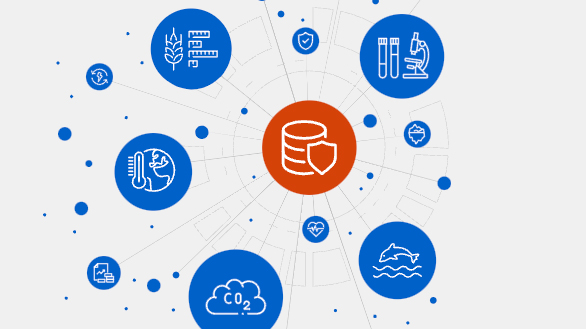Latest update: August 14, 2023
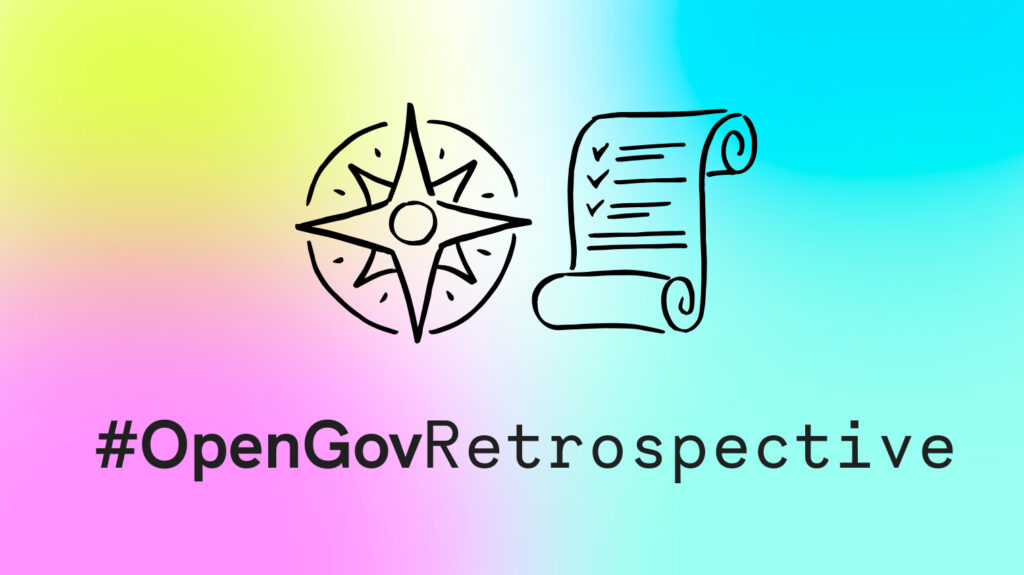
The next Open Government Partnership (OGP) Global Summit is just around the corner – it will be in Tallinn, Estonia, on the 6th and 7th of September. Open Knowledge is a historic contributor to this network of people and organizations working to make governments more open, transparent and designed to serve citizens.
As we prepare to run an official side event, we decided to review all the open government projects we’ve launched or been involved with in recent years. With almost 20 years of activity, the Open Knowledge Foundation and our Network are the world’s ultimate experts and influencers in open government. There are dozens of projects, at different scales and geographies, with different levels of impact – from providing CKAN services for opening data in several countries to own projects such as Open Spending and the Global Open Data Index, passing through various campaigns and training.
Despite so many efforts, it is a fact that we are witnessing a worrying trend towards increased secrecy and opacity around the world. From government agencies withholding information to businesses concealing their practices and enforcing secrecy, it seems that transparency and openness are under threat. Technology, which was once seen as a powerful tool for transparency and accountability, is becoming less transparent itself. The decline of truly open and collaborative governments might have started the moment our civic tech activism walked away from FOSS and decentralised infrastructures made by us. As we prepare to go back to our roots and have an active role in opening our governments today, we want to remind our communities of what we were capable of achieving in the past.
This retrospective is organised in a timeline format, bringing together 10 milestones that became key moments in the history of open government around the world. It’s a collection of links from the past that deserve to be relevant again in today’s world.
Stay tuned as we update and grow this list in the coming days (by following #OpenGovRetro on Twitter, Mastodon and Linkedin).
September 2019
Datashades.info is a publicly-accessible index of metadata and statistics on CKAN data portals across the globe, the first website of its kind released in September 2019. For each portal, a number of statistics are aggregated and presented surrounding the number of datasets, users, organisations, and dataset tags. These statistics give portal managers the ability to quickly compare the size and scope of CKAN data portals to help inform their development roadmaps. The most powerful open data portals are powered by CKAN, most of them being governmental initiatives. Through Datashades.info you can find them all and get inspired to start your own.
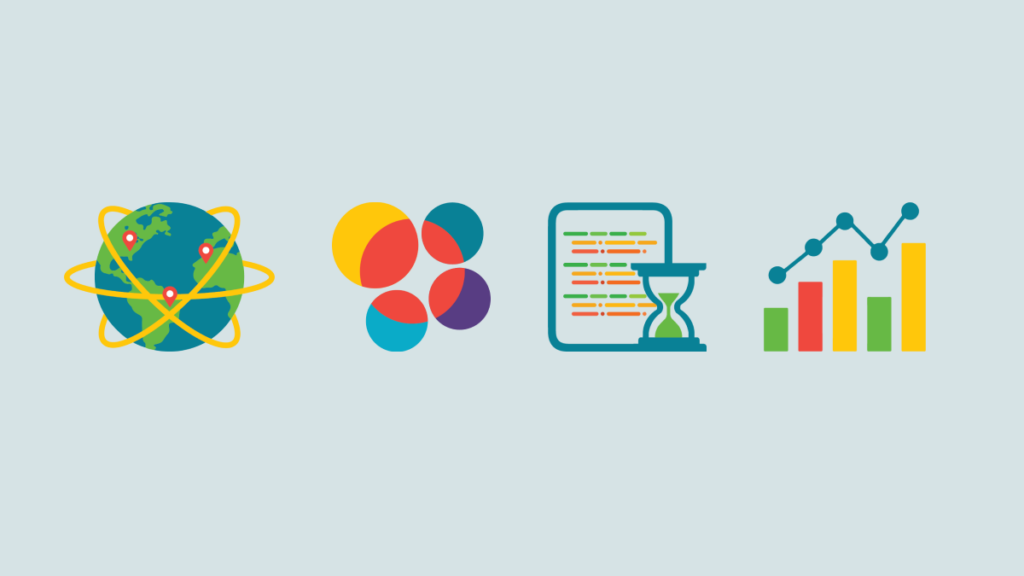
Datashades.info
Mapping CKAN portals across the globe
May 2018
The Open Data Charter Measurement Guide, launched on May 2018, helps assess public projects based on current open government data measurement tools. Governments, civil society, journalists, and researchers use it to better understand how they can measure open data activities according to the Charter principles.
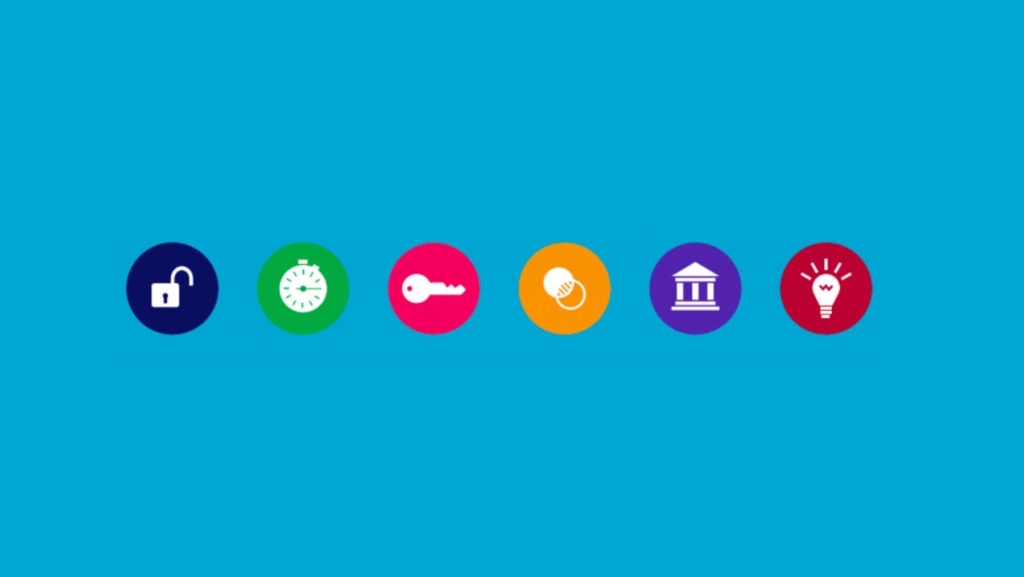
Open Data Charter
Principles for measuring government’s open data activities
May 2017
The Global Open Data Index was the first major assessment of the state of open government data in the world. Launched by Open Knowledge Foundation in 2013, the index brings together a global community of open data advocates and experts to provide a comprehensive snapshot available of the state of open government data publication. The last edition, 2016/17, covers 94 countries.
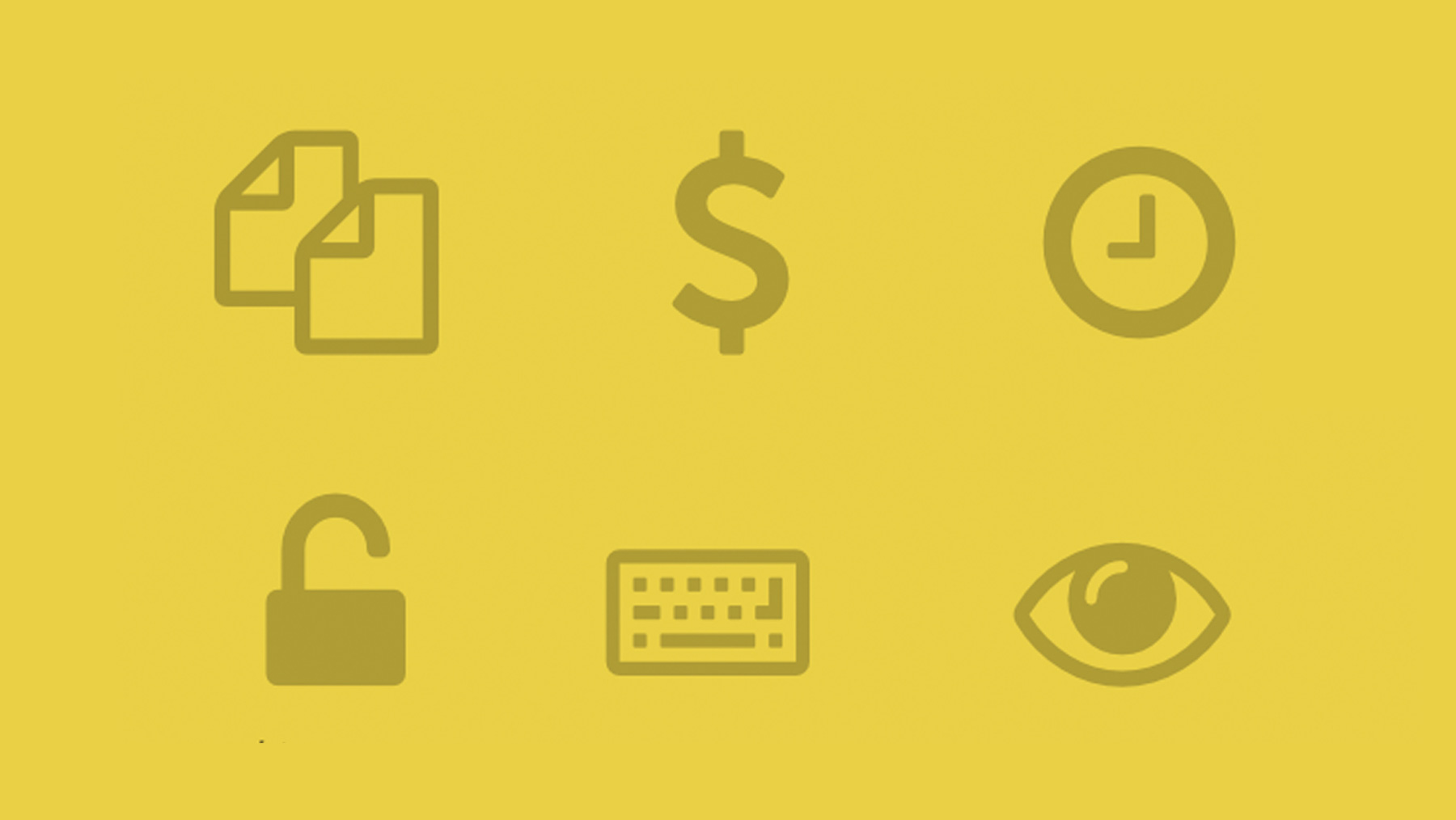
Global Open Data Index
Tracking the state of open government data
September 2016
An announcement by the Ministry of Finance during the presentation of the Executive’s Budget Proposal for 2017 made Mexico the first country to formally adopt the Open Fiscal Data Package (today incorporated into Frictionless Standards), an international open data standard promoted by the Global Initiative for Fiscal Transparency (GIFT), in collaboration with Open Knowledge Foundation and the World Bank, with the support of Omidyar Network. This collaboration was a pioneering step for publishing fiscal information in open formats. Mexico set an example to the OpenSpending community who were intending to make use of the Open Fiscal Data Package and the new tools developed by that project.

Open Fiscal Data Package
Mexico, the first country to adopt OKFN’s international standard
February 2014
The Stop Secret Contracts campaign fought to ensure that all government contracts around the world were open contracts. Drawing on the work of the Open Contracting Global Principles, the campaign filled out freedom of information requests for access to specific contracts in many countries. A petition was also launched, starting with over 30 organisational signatories including Global Witness, Integrity Action, the International Budget Partnership, the Sunlight Foundation and Transparency International. The campaign managed to generate global awareness about the need for transparency in public spending, at a historic moment when several activist groups and advocacy institutions focused their struggles on ending systemic corruption.

Stop Secret Contracts
Tell world leaders to stop secret contracts now
July 2013
G8 leaders signed the G8 Open Data Charter in July 2013, which outlined a set of five core principles for how data can support transparency, innovation, and accountability. As highlighted in a blog by Rufus Pollock, Open Knowledge’s CEO at that time, it endorses the principle of “open by default” and makes clear that open data must be open to all and usable by both machines and humans (as per the Open Definition). Later in 2015, the International Open Data Charter (ODC) was launched at the margins of the United Nations General Assembly after a global consultation led by key representatives from OGP governments including the UK, Canada, and Mexico, and civil society organisations such as the World Wide Web Foundation, Open Data Institute, Open Knowledge Foundation, Center for Internet and Society, and the Initiative for Latin American Open Data. It set out six key Principles, including that data should be open, timely and interoperable.
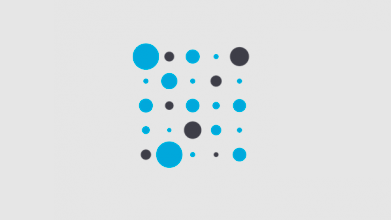
Open Data Charter
G8 leaders commit to open data principles for governments
May 2013
One of the most significant CKAN instances ever was launched around 10 years ago: in the shape of the US government’s open data portal, data.gov. In the official announcement of the initiative, it was highlighted that for the first time, the data portal would have a unified data catalog, something made possible by us: “Open Knowledge Foundation is a nonprofit that works with people worldwide to promote increased transparency and engagement, in part through making CKAN available for open data sites.” Today there are hundreds of CKAN instances installed all over the world, including federal public portals in the UK, the EU, India and Brazil, a movement that was greatly influenced by that decision of the US government, at that time chaired by Barack Obama.
(To be continued…)
